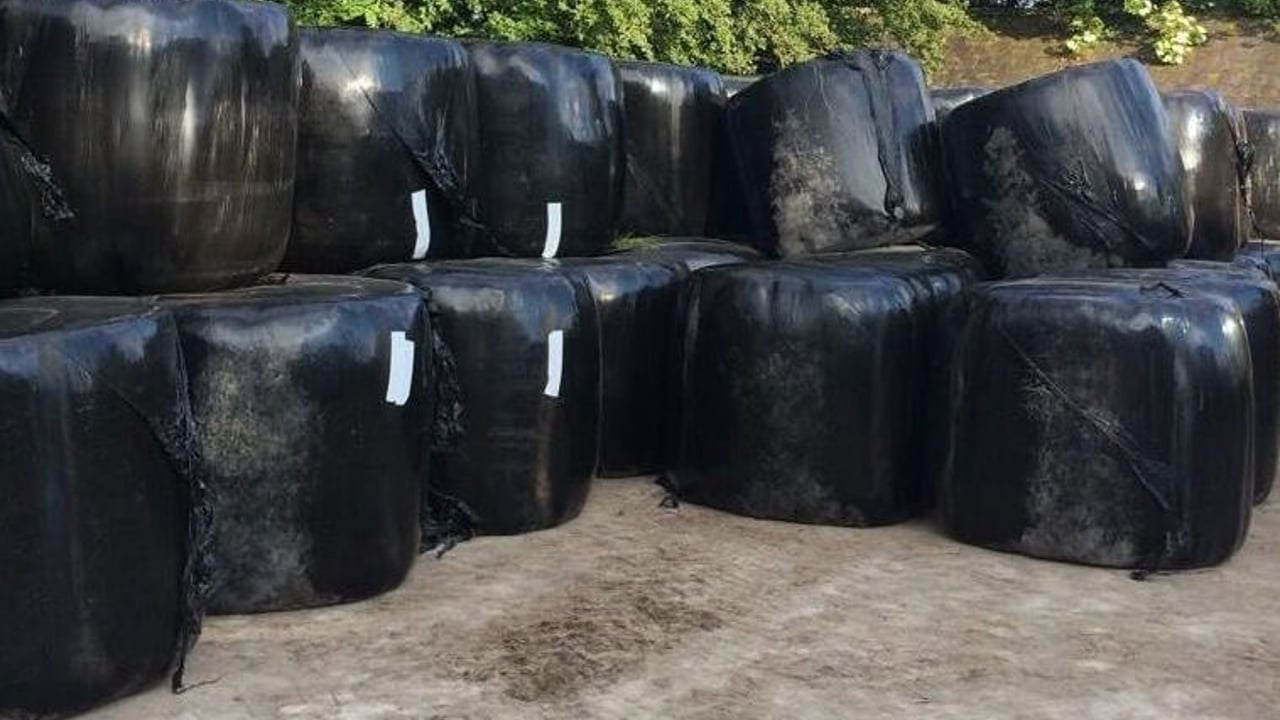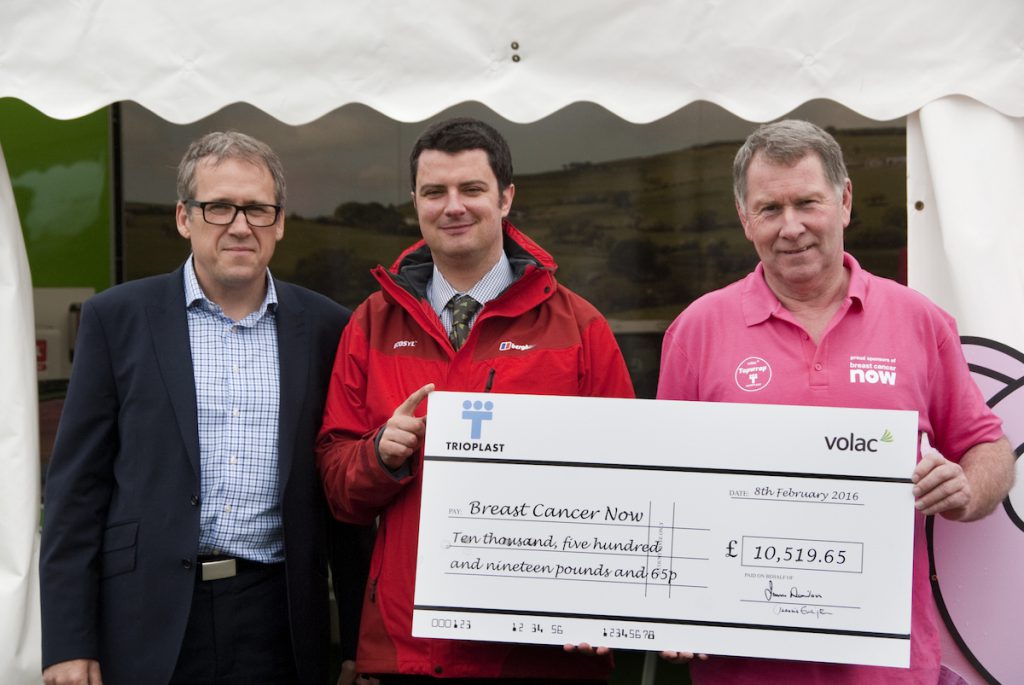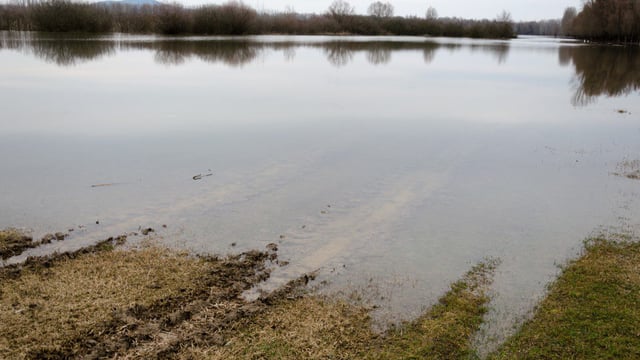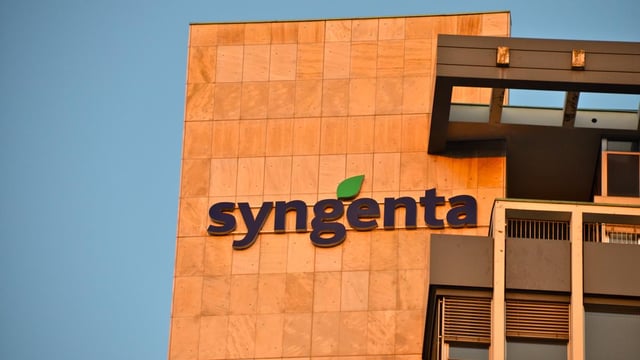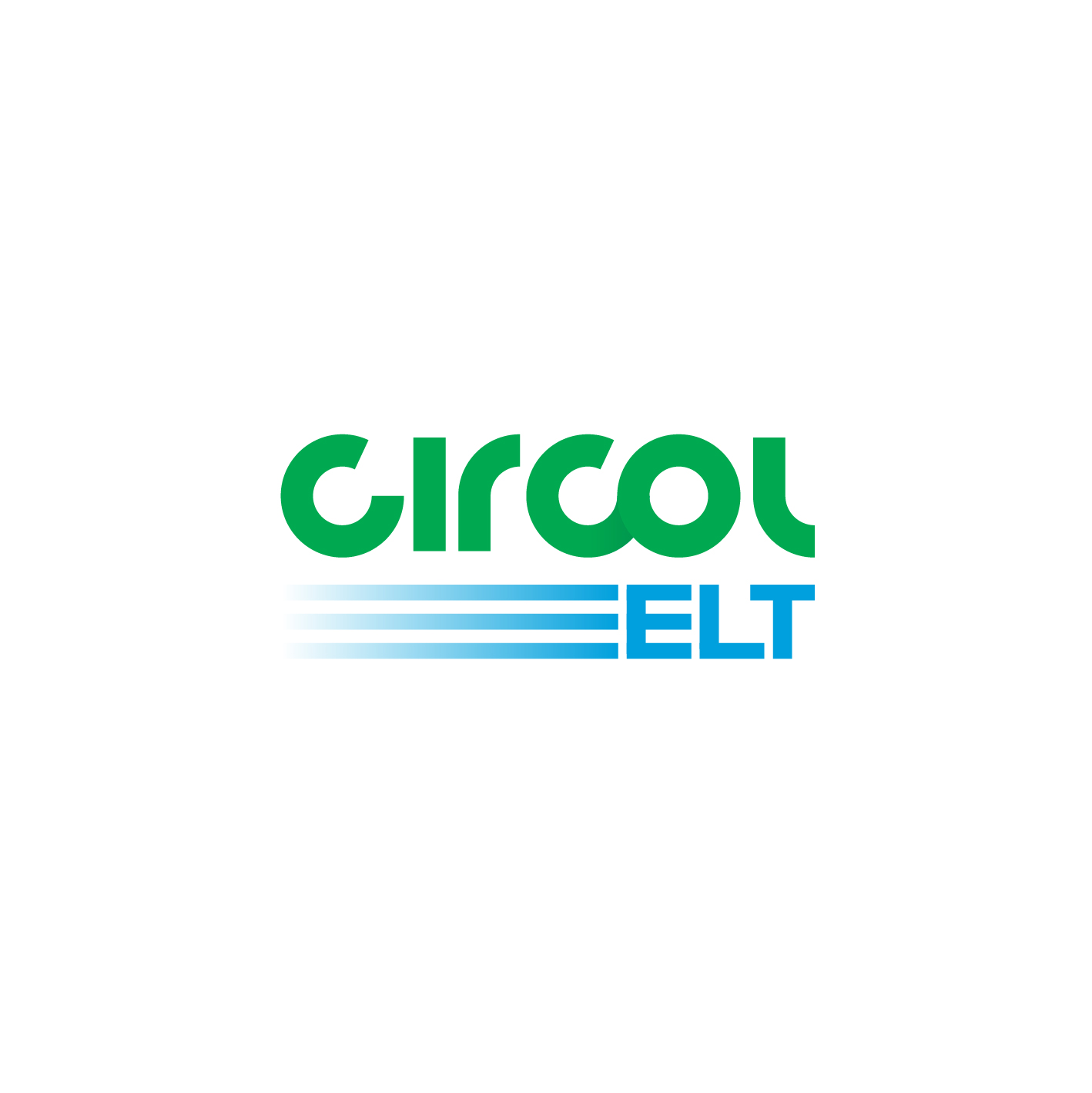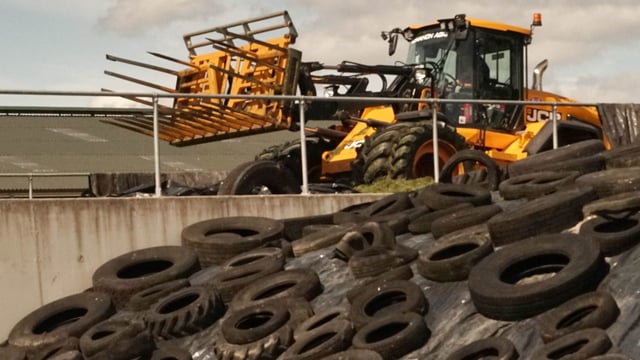10 steps to take in order to reduce damage to silage bales
Silage bales are an expensive commodity therefore protecting them should be a priority for farmers, according to Caitriona Mullin, North East Business Manager with Volac.
With an estimated 13m bales being made in Ireland, a 10% loss of this valuable fodder is equivalent to €40m, she said.
Teagasc studies carried out across 35 farms in Ireland found 40% of silage bales examined were visibly damaged.
Bird and cat damage accounted for 35% and 17% respectively. Only 4% of damaged bales were repaired, the studies show.
Damage to the bales via holes and tears can be caused very easily by a variety of components birds, rodents, cats, dogs and machinery.
Furthermore, Mullin said that any holes that occur no matter how small will allow air to enter encouraging growth of aerobic bacteria, moulds and yeasts.
Birds and vermin such as rats are a major cause of damage to baled silage and it is most common if bales are left in the field after wrapping.
A newly cut field of grass uncovers a feast day for birds providing them with very easy access to their next meal – insects, worms, etc. Bird damage also occurs very easily in storage, she said, where the bales are stacked with no form of protection such as netting.
External damage caused by birds etc is recognisable by the presence of holes along the tops and sides of the bales, the birds pierce the film straight through all the layers of plastic into the silage.
If bales of silage are wrapped at baling or very soon after baling the amount of air trapped in the bale is “used up” within an hour or so leading to anaerobic (no air) condition, according to Mullin.
If the harvesting and storage conditions have been favourable (fast wilt to 40% – 50% dry matter content, no holes in plastic), she advises that a desirable fermentation will occur and mould will not grow.
10 steps to take in order to reduce damage to silage bales:
Volac Silanets are available in two sizes 10mx15m and 20mx15m. If cared for properly are reusable year after year.
Volac recently raised over £10,000 for Northern Ireland Breast Cancer Now. Pictured are Jim Davidson, Trioplast, Noel McGrath, Volac Forage Specialist and Alistair Sampson Volac Business Manager NI.

